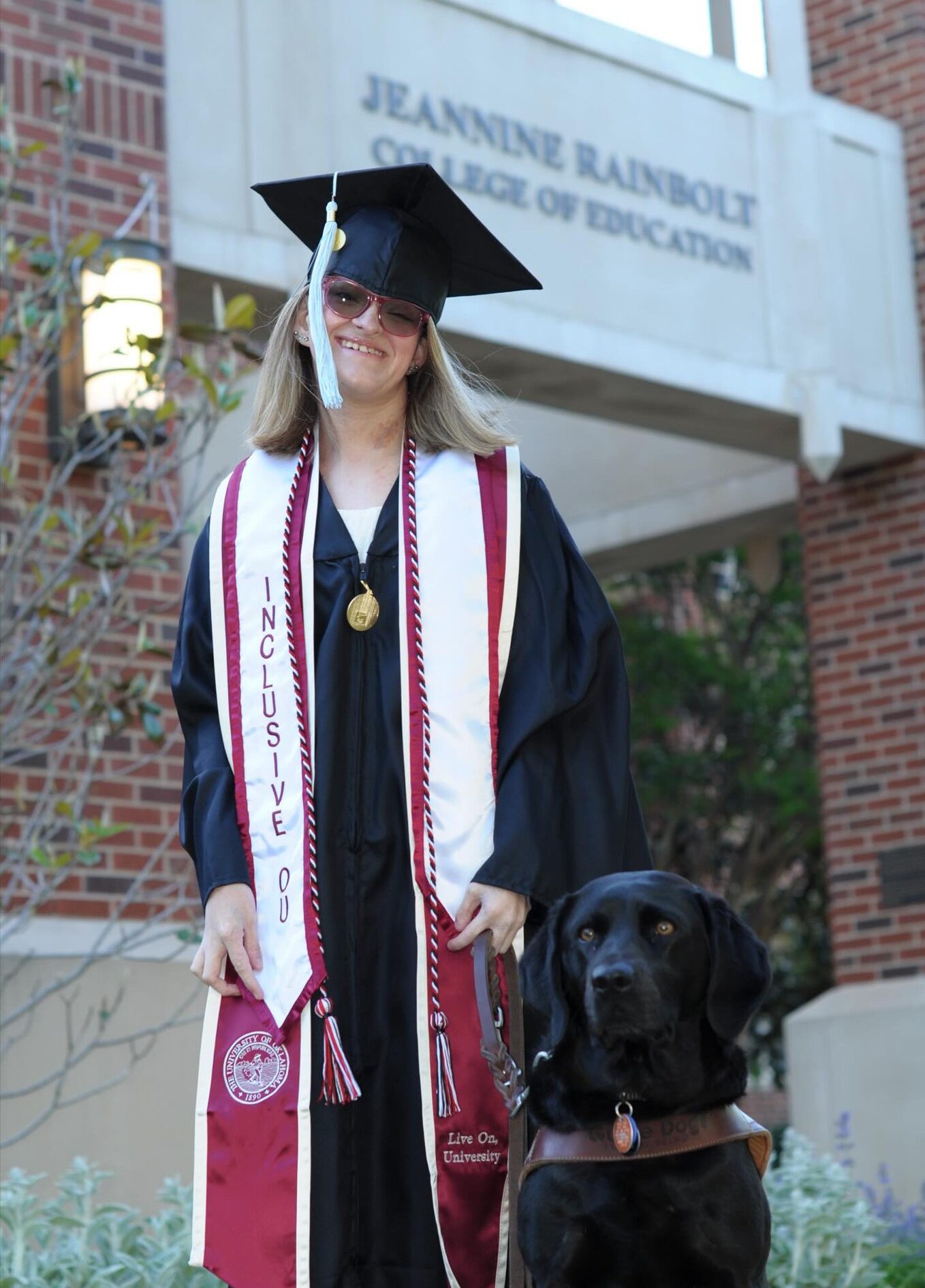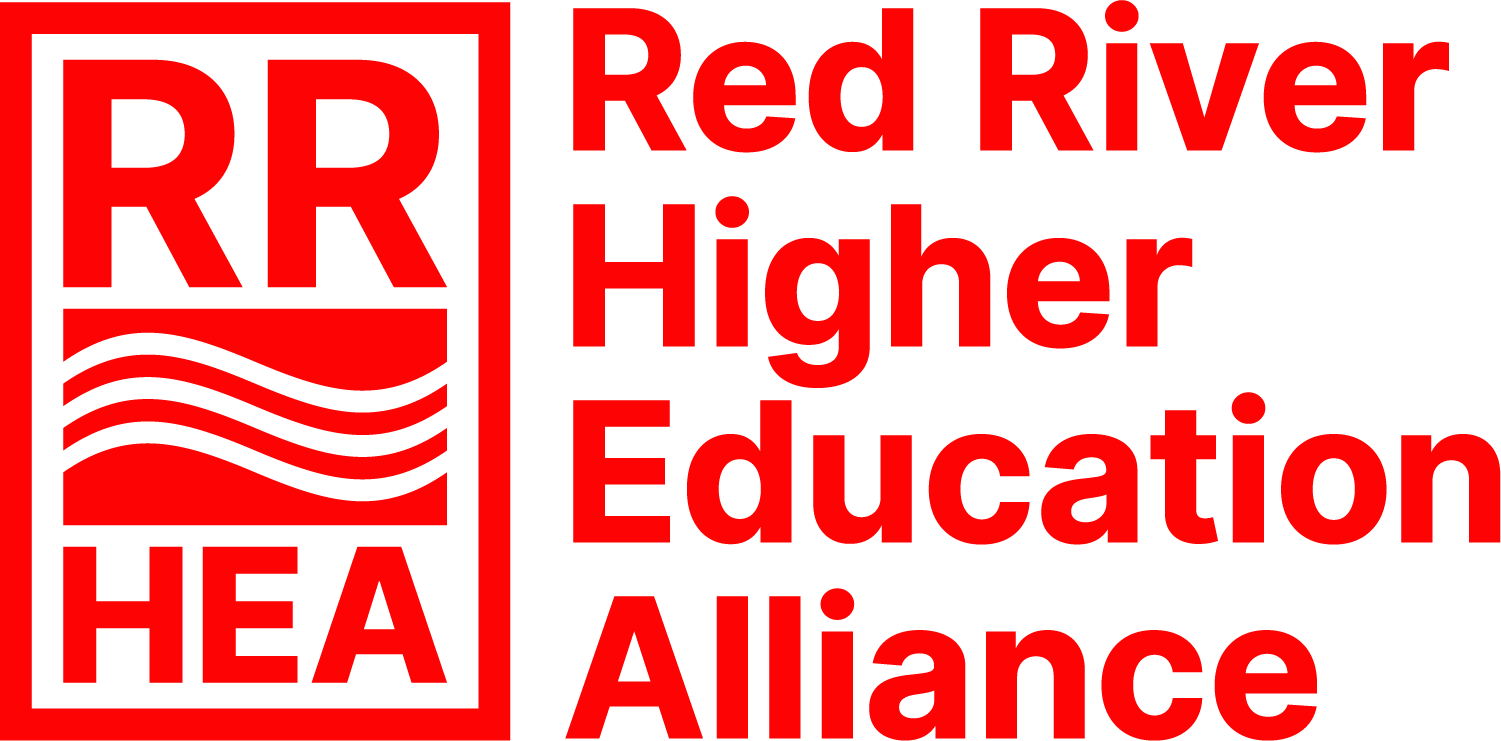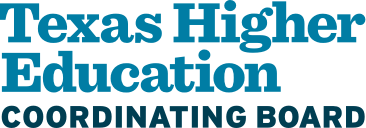ABOUT THE RRHEA
WHO WE ARE
The Red River Higher Education Alliance (RRHEA) supports Inclusive Higher Education for students with intellectual disability. We are all about engaging with existing programs, programs in development, and supporters and partners of every kind to further the choice for students with intellectual disability to pursue their goal of higher education in a fully inclusive environment.

OUR PURPOSE
We believe that students with intellectual disability should have the choice to attend higher education and be fully included in every aspect of campus life. We want to assist with the growth and development of ever-increasing options for inclusive higher education programs in Oklahoma and Texas. We strive to share information about current programs and resources related to Inclusive Higher Education.
The goal to help students with intellectual disability achieve their goal of inclusive higher education guides everything we do.
OUR MISSION
Inclusive Higher Education leadership from Oklahoma and Texas have joined together to form the Red River Higher Education Alliance to expand quality inclusive higher education options to benefit students with intellectual disability, which in turn, will benefit our campuses, communities, and states.
Our process is to bring together like-minded individuals to share resources, encourage high-quality program growth and development, bring inclusive higher education into daily conversation regarding students with intellectual disability, and engage with those who have a touch point with students with intellectual disability. Individuals from support agencies, providers, educators, family members, legislators, and advocates all need to be engaged with this initiative and we believe that collaboration is the best way to achieve goals, one step at a time.
OUR VISION
Supporting quality inclusive higher education programs and students with intellectual disability to achieve their goal of inclusive higher education.
WHO WE SERVE
We serve students with intellectual disability who want to attend college and their families. We also serve those who are interested in developing new programs and who plan to apply for CTP designation. Each program is unique to the University where it is located, however, each program has high expectations for students in the areas of academics, social engagement, independent/interdependent living skills, and employment readiness.

What is Inclusive Higher Education?
Inclusive Higher Education means attending a University, Career Tech, or Community College and being involved in every aspect of campus life, like any other student. Students attend classes of their choosing, participate in clubs/organizations on campus, live in campus housing and/or off-campus housing, and participate in internships/employment opportunities. Individualized supports are provided in all of these areas to help the student achieve their goals. Programs utilize a person-centered planning approach to work with the student collaboratively to identify goals and work towards achieving them. Data shows that students who complete quality Inclusive Post-Secondary Education (IPSE) programs have significantly improved employment outcomes compared to students who do not.
What is a CTP Designated Program?
Comprehensive Transition Programs, or CTPs, are degree, certificate, or non-degree programs for students with intellectual disabilities that meet specific criteria. If students with intellectual disabilities are attending a CTP, they are able to use federal financial aid to help pay for attendance.
CTPs are offered by a college or career school, and are approved by the U.S. Department of Education. They support students with intellectual disabilities who want to continue academic, career, and independent living instruction to prepare for gainful employment.
CTPs offer academic advising and a structured curriculum. They require students with intellectual disabilities to participate, for at least half of the program, in one of the following: 1) regular enrollment in credit-bearing courses with “typical” college students (those who do not have disabilities), 2) auditing or participating (with typical college students) in courses for which the student does not receive regular academic credit, 3) enrollment in noncredit-bearing, non-degree courses with typical college students, or internships or work-based training with individuals who do not have disabilities.
CTPs were initially described and defined in the Higher Education Opportunity Act of 2008.
SOURCE INFORMATION: Click here to see the original source. Information provided by Think College.
Is your organization ready to be come a CTP or CTP-Eligible Program?
Find out more at Think College!
OUR PARTNERS
Including state agencies, advocacy groups, families, educators, employers, and professionals is key in the effort to expand and support Inclusive Higher Education programs.



